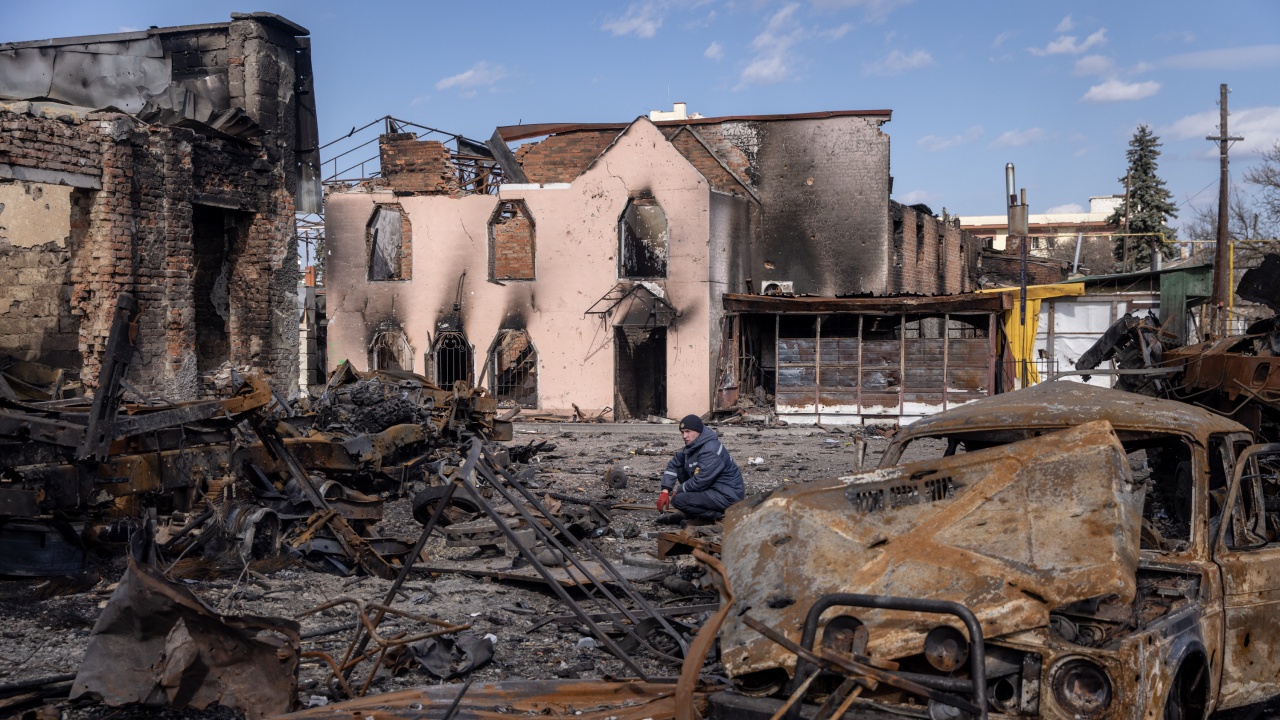Today, Serbia marks the 24th anniversary of the beginning of the NATO bombings against the SR Yugoslavia, made up of Serbia and Montenegro, Tanjug reported, quoted by BTA.
24 years ago, on March 24, 1999, NATO launched a campaign of airstrikes against FR Yugoslavia to end repression of Kosovo Albanians - the first such campaign against a sovereign state in the alliance's 50-year existence, news agencies noted.
At the time, Kosovo, populated by more than 90 percent ethnic Albanians, was the scene of clashes between the forces of Slobodan Milosevic's regime and the independence-seeking fighters of the Kosovo Liberation Army (KLA).
In February and March 1998, Serbian forces launched several deadly offensives against the KLA, killing many civilians, AFP recalls.
NATO members feared widening the conflict, which could engulf the Balkans just three years into the Dayton accord that ended the wars in Bosnia and Croatia.
In May, the US sent Richard Holbrooke, the architect of the Dayton Agreement, to Belgrade for negotiations.
In parallel, NATO accelerated the discussion of military options.
Serbs sue NATO - cancer victims from used depleted uranium projectiles
After the failure of two rounds of negotiations in France, in February and March 1999 in Rambouillet and in Paris, the American envoy made another attempt to mediate with Belgrade.
On March 23, he was on the verge of leaving the presidential palace after trying in vain to persuade Slobodan Milosevic for the last time to accept a negotiated solution to the crisis.
As he was leaving, he asked the Yugoslav president: "Do you understand what will happen after I leave?"
"Yes. You will bomb us," replied Slobodan Milosevic.
29 hours later, on the evening of March 24, the first NATO cruise missiles hit Yugoslavia, AFP also recalls.
It was the first campaign of its kind in the history of the alliance, conducted without the express consent of the United Nations.
Russia, Serbia's historic ally, and China opposed any resolution allowing military intervention.
The strikes continued for several weeks.
NATO planes flew a total of 38,000 sorties, including 10,000 bombing missions and 2,700 missions against Serbian air defenses, according to alliance figures cited by AFP.
NATO targeted several dozen military targets and infrastructure (bridges, railways, power grid).
Sometimes, however, the bombs and missiles missed their targets, causing outrage and harsh criticism.
The number of civilians killed in the strikes was not officially established.
Figures range from 500 killed according to the non-governmental organization Human Rights Watch, to 2,500 according to Serbian leaders.
On June 10, 1999, Slobodan Milosevic ordered his forces to withdraw from Kosovo, which was placed under UN administration the following month.
Kosovo, which declared independence in 2008 and is home to no more than 120,000 Serbs today, claims to be recognized by about 115 countries, most of them Western.
Serbia disputes that number and claims that some countries have reconsidered their decision to recognize Kosovo.
During the 78-day NATO operation, according to various sources, between 1,500 and 3,500 people were killed and more than 12,000 were injured. In 2,300 airstrikes, 22,000 tons of ammunition, including those containing depleted uranium, were dropped, Tanyug noted.
Serbia began officially marking the operation in 2015, until then it was called "bombardment" and then "aggression".
Serbia
Yugoslavia
NATO bombing
